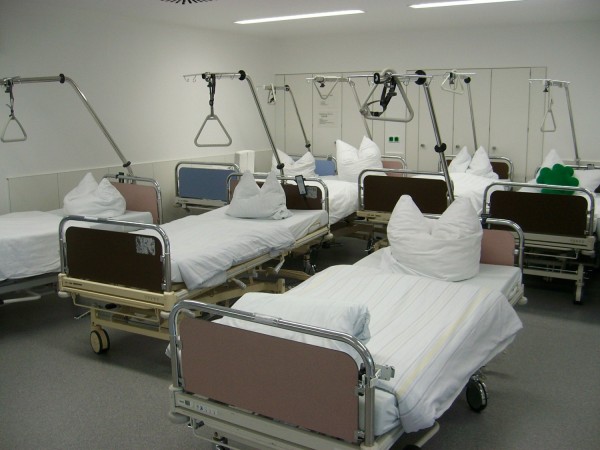Covid-19 Safety: How Medical Clinics and Hospital Can Keep Everyone Safer

It is especially important to keep medical clinics and hospitals safe from Covid-19. Otherwise, not only does it risk the health of patients within the facility, but that of the workers and their families too.
Here are 5 ways to ensure staff, their families, and patients stay safe while working in or attending a healthcare facility.
Universal Face Masks and Screening Processing
A universal face mask policy is necessary to protect all employees. Personal protection equipment including face masks, face shields, gloves, gowns, and any other equipment to keep medical staff safe avoids creating a super-spreader situation between staff within the facility. This could potentially bring the healthcare facility to a virtual standstill with heavy staff authorized absences due to sickness, so this must be enforced without exception.
It's also advisable that patients also wear a face mask wherever it's medically sensible to do so. There have been cases where multiple Covid-19 test kits have produced varied and contradictory results. Therefore, it's better safe than sorry.
Screening processes at every entrance ensures that no one enters or re-enters the facility without being temperature screened and asked about any potential medical symptoms.
Assign Different Waiting Rooms
For anyone who is on the suspect list for Covid-19 symptoms or who has an elevated temperature and needs to be checked out, there should be a separate waiting room for them.
Isolating regular patients who passed the initial screening from others who did not will avoid inadvertently spreading Covid-19 to more of the patient population.
Use Physical Separators
It's possible to use physical separators to create an artificial distance between patients and medical staff. Also, implementing a "behind the line" policy with markings on the floor keeps people back other than when they need to pass IDs or paperwork through the gap in the separator.
Sneeze Guards are ideally designed for medical facilities that are on the frontline in the fight against this deadly disease. They also help to ensure appropriate distancing to reduce the chance of new infections.
Wipe Down All Surfaces Regularly
One of the largest risks from Covid is passing along the germs through touch.
The process of sneezing and subsequently touching various surfaces in a healthcare facility makes it possible for others to touch the same surface and pick up the germs. Therefore, a regular cleaning system is required to wipe down all surfaces multiple times per day.
While doing this won't rule out the possibility of the conveyance of germs through touch transfer, it does significantly minimize the risk in medium-to-high traffic areas.
Limiting In-Person Appointments
Many doctor/patient consultations can now be facilitated over the web. When using appropriate technology to reach out to patients who are technology-enabled, it's possible to reduce the foot traffic in the facility and lower the risk without affecting the quality of patient care.
Not everyone will have a case where a virtual consultation is appropriate. In other instances, the patient may not be sufficiently tech-savvy or own appropriate equipment to make or accept a video call either. By switching to less direct contact methods, it helps to reduce the risks still further.
When taking several steps necessary to prevent the possible spread of Covid-19, healthcare staff and patients will all be safer for it.
Feb 11, 2021 09:40 AM EST





